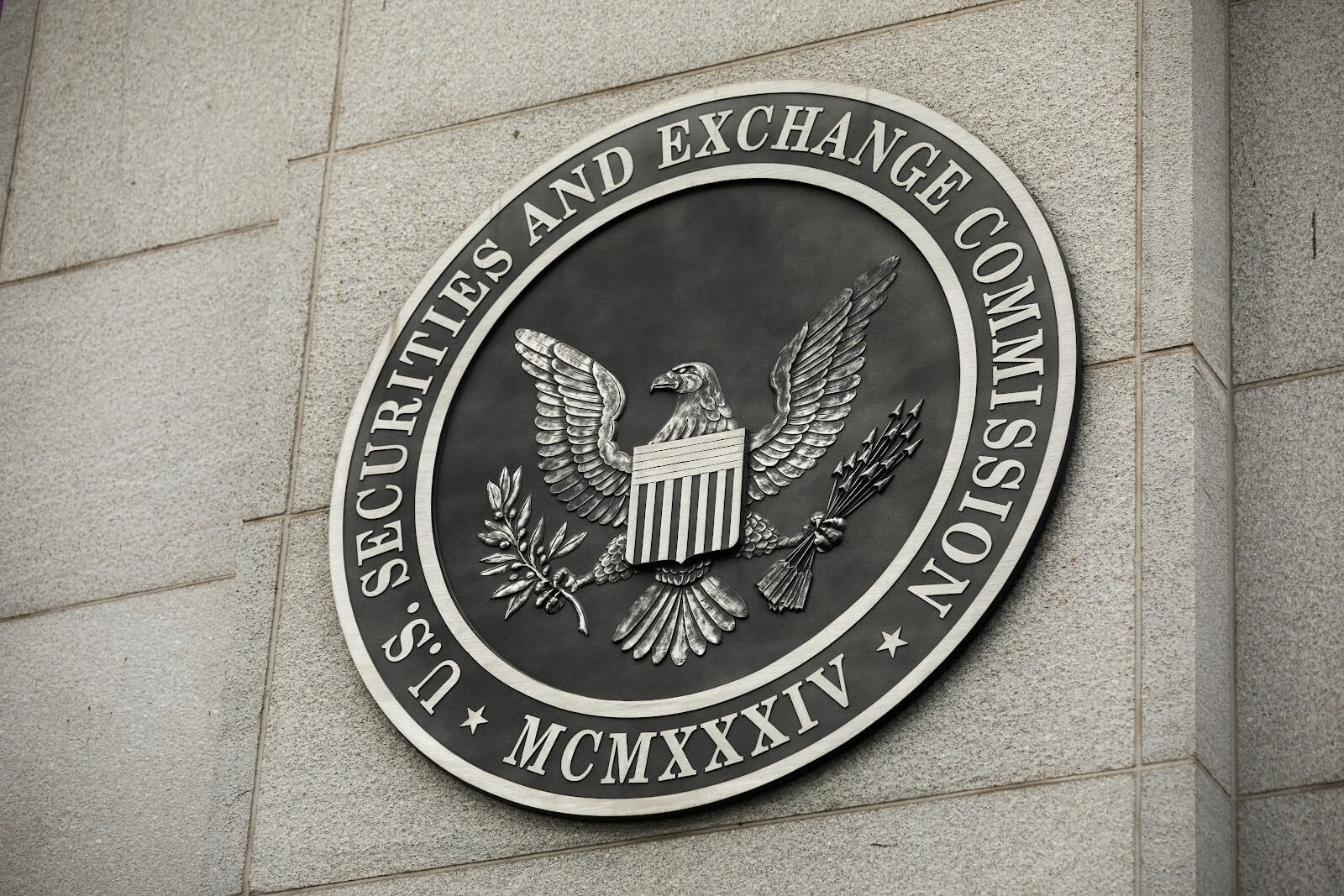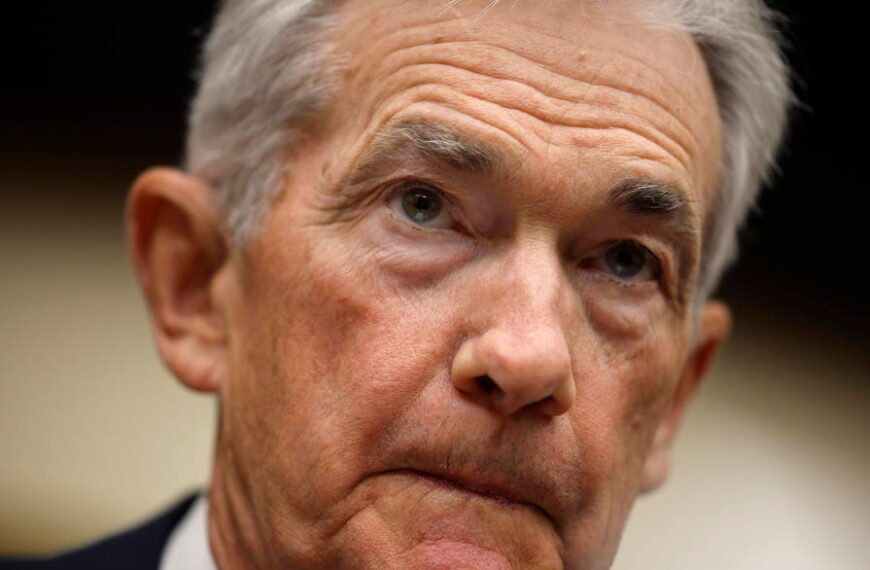SEC’s Crypto Task Force to Host Its First Meeting on Security on March 21
Introduction
The U.S. Securities and Exchange Commission (SEC) is taking significant steps to engage with the cryptocurrency industry as it prepares to hold its first roundtable meeting on March 21, from 1 PM to 5 PM at its headquarters in Washington, D.C. This meeting marks a pivotal moment in the SEC’s approach to regulating the cryptocurrency sector, showcasing a shift in attitudes within the agency and a desire to incorporate public expertise into the regulatory framework.
The Purpose of the Roundtable
The upcoming roundtable discussion is part of the SEC’s initiative titled “Spring Sprint Toward Crypto Clarity.” The focus of this inaugural meeting will be on the topic, “How We Got Here and How We Get Out – Defining Security Status.” This session aims to clarify the regulatory status of various cryptocurrencies and tokens, a subject that has sparked considerable debate and confusion in recent years.
Key details of the meeting include:
- Date: March 21
- Time: 1 PM to 5 PM
- Location: SEC Headquarters, 100 F Street, N.E., Washington, D.C.
SEC Commissioner Hester Peirce, who is leading the Crypto Task Force, expressed her enthusiasm for the event, stating, “I am looking forward to drawing on the expertise of the public in developing a workable regulatory framework for crypto. The roundtables are an important part of our engagement with the public.” This sentiment underscores the SEC’s intent to foster a collaborative environment between regulators and the crypto community.
Shifting Attitudes of the SEC
The SEC’s decision to host this roundtable comes amid a noticeable shift in the agency’s attitude towards the cryptocurrency industry. Under the previous administration led by President Joe Biden, the SEC was characterized by a more stringent approach towards cryptocurrencies. Former SEC Chair Gary Gensler, known for his critical stance on crypto, initiated numerous lawsuits against various crypto platforms, categorizing many tokens as securities.
However, the recent appointment of Paul Atkins as the new SEC chair signifies a potential change in direction. With pro-crypto individuals gaining traction in government positions, the SEC seems to be reconsidering its previously aggressive tactics. This change is further evidenced by the recent decision to drop multiple lawsuits against prominent crypto platforms, including Coinbase, Gemini, Kraken, Robinhood Crypto, and Uniswap.
The Impact of Dropped Lawsuits
The SEC’s withdrawal from these lawsuits has been met with mixed reactions within the crypto community. While many see it as a victory, especially for those companies and their users who faced scrutiny, others feel that the damage has already been done. For instance, Cameron Winklevoss, co-founder of Gemini, remarked on the closure of their investigation, saying, “While this marks another milestone to the end of the war on crypto, it does little to make up for the damage this agency has done to us, our industry, and America.”
This sentiment reflects a broader concern among industry participants regarding the SEC’s previous actions and their impact on the growth and innovation within the crypto space.
What’s Next for the Crypto Task Force?
As the SEC prepares for the roundtable discussion, the focus will likely be on gathering insights from various stakeholders, including industry experts, legal professionals, and public advocates. The goal is to develop a comprehensive regulatory framework that balances innovation with consumer protection and market integrity.
The outcomes of these discussions could lead to significant changes in how cryptocurrencies are classified and regulated in the U.S., which will, in turn, affect how companies operate within the industry. Furthermore, the SEC’s willingness to engage with the public could pave the way for a more transparent and collaborative regulatory environment.
Conclusion
The SEC’s upcoming roundtable on March 21 represents a crucial step towards establishing a clearer regulatory framework for the cryptocurrency industry. With a shifting attitude within the SEC and a commitment to public engagement, there is potential for meaningful progress in the relationship between regulators and the crypto community.
As the industry waits with bated breath for the outcomes from this meeting, stakeholders are hopeful that the resulting dialogue will pave the way for a more favorable regulatory landscape that fosters innovation while ensuring consumer protections. The evolution of the SEC’s approach signals a promising future for cryptocurrency in the United States, making this roundtable an event of paramount importance.
Stay tuned for updates and insights as this story develops, and as we continue to closely monitor the SEC’s evolving relationship with the cryptocurrency market.





